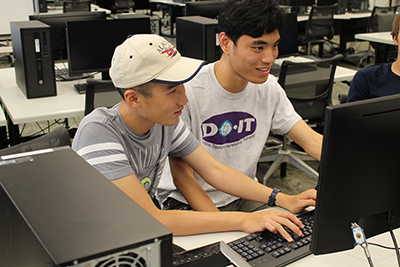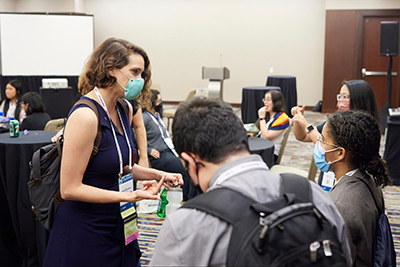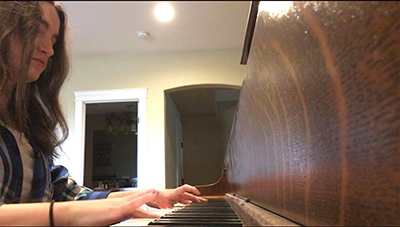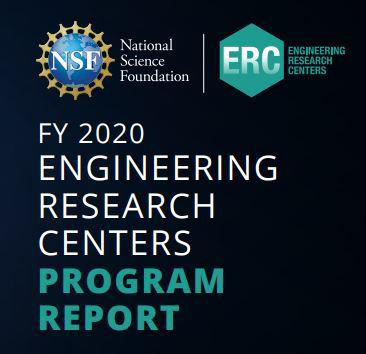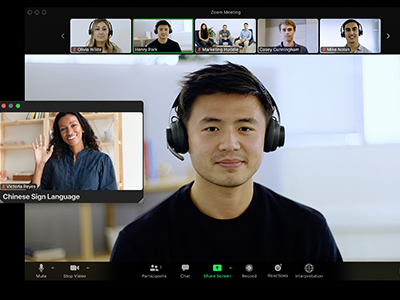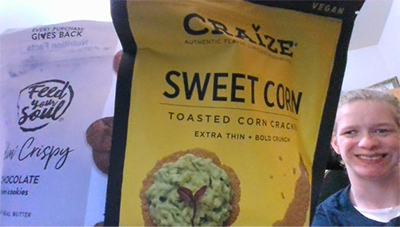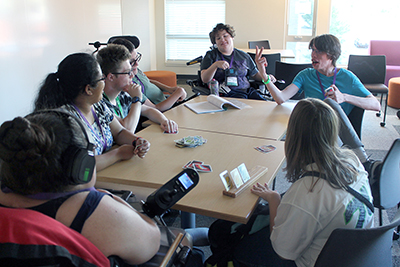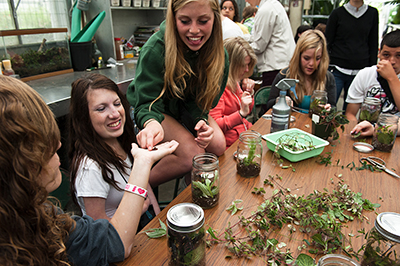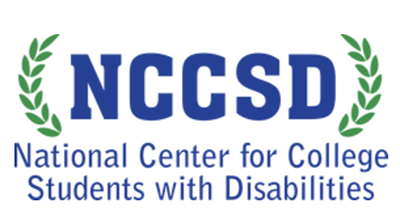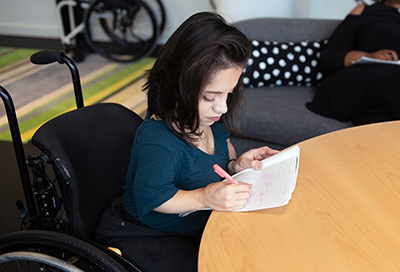Have we really been “doing it” for 30 years? Well, time flies when you’re having fun, and that makes sense when it comes to DO-IT. In our flagship program, DO-IT Scholars, 570 students with disabilities from over 250 high schools in Washington have learned to use technology to maximize their independence and productivity, networked with successful people who have disabilities, and engaged in activities that help them prepare for challenging college studies and careers.
It’s exhilarating to witness our students reach personal milestones, continue to participate in DO-IT as mentors to incoming students, speak in classes and at conferences, and become leaders in their fields. The successful practices of the DO-IT Scholars program have been replicated to benefit thousands of youth with disabilities through other projects and collaborative efforts, including those in Japan, Malaysia, and Singapore.
DO-IT works with everyone who can contribute to the success of people with disabilities in challenging academic programs and careers: Disability service providers, employers, educators, parents, governmental agencies, and high-tech companies. Through our many programs, presentations, capacity building institutes, online classes, and conferences, DO-IT and its partners help people work more effectively with individuals with disabilities. We share successful practices around the world through a variety of resources, communities, and collaborations.
Scott Bellman, DO-IT Center manager since 2010, shares “It’s amazing to look back on the thousands of people who‘ve engaged with us on this accessibility journey through workshops, conferences, summer programs, video development, and the creation of other resources. Each time I look back, though, my mind returns to the present. There are many great challenges ahead as we continue to fight for equitable access within education, careers, and communities.”
We will continue our successful partnerships and create new ones to address critical needs in our society. We invite you to share your talents and resources to extend our reach.
[This article includes excerpts from our publication called DO-IT Retrospective: Our First 30 Years, where you can learn more about the past, present, and future of DO-IT.]
